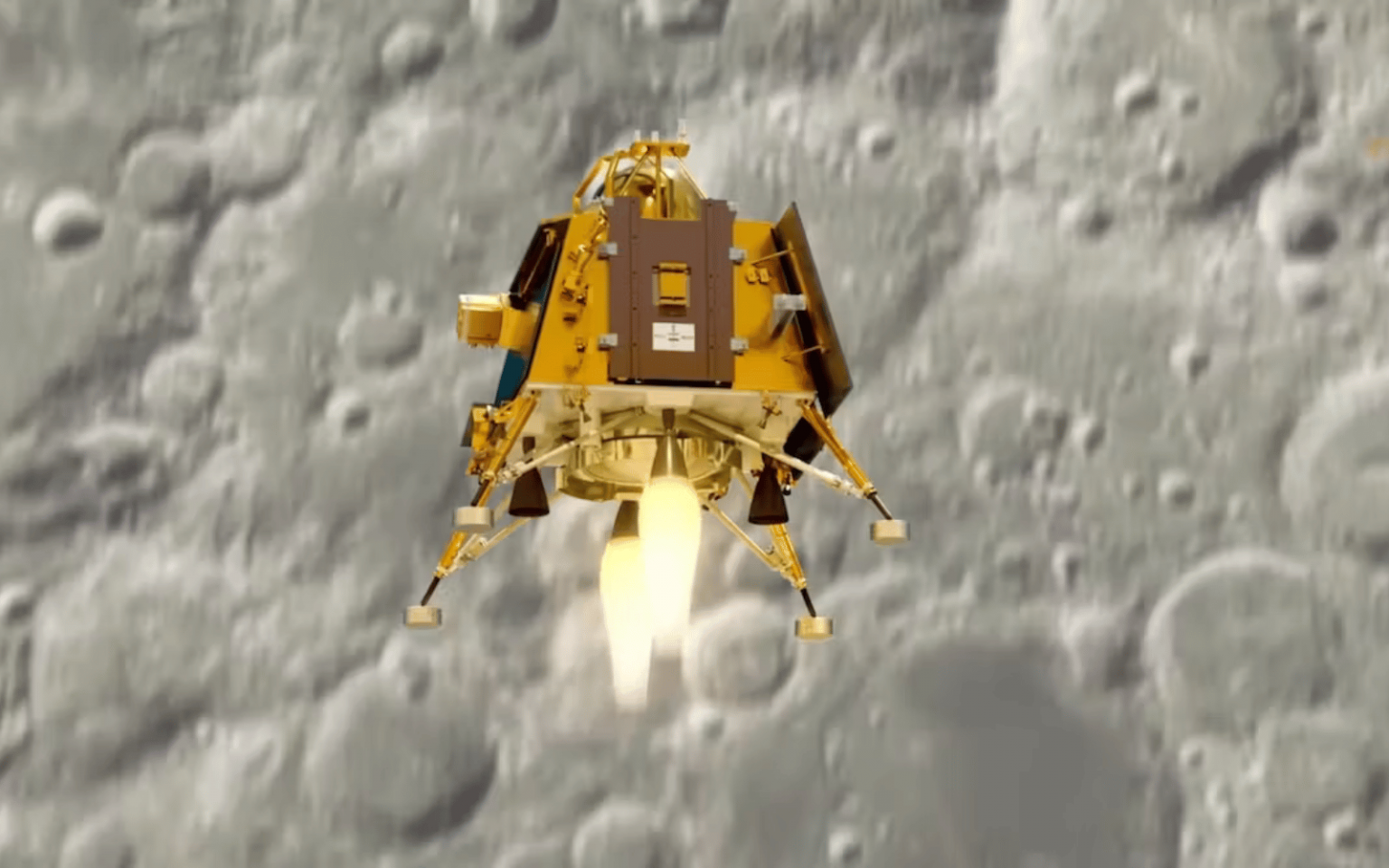When Apple’s latest software updates drop this month, users will have access to mental health and wellness features unlike anything currently available in a smartphone. With the Apple Watch and iOS health app, Apple has long striven to cement itself in the health-care tech space. But the new features go beyond the standard heart rate, sleep, calorie and fitness trackers that have become universal in smart tech. A new mood tracker (dubbed “State of Mind”) will ask users to rate how they feel both in random moments (from unpleasant to pleasant) and daily. Mental health questionnaires will provide users with a preliminary screening for depression…
Author: The Conversation
Are democratic societies ready for a future in which AI algorithmically assigns limited supplies of respirators or hospital beds during pandemics? Or one in which AI fuels an arms race between disinformation creation and detection? Or sways court decisions with amicus briefs written to mimic the rhetorical and argumentative styles of Supreme Court justices? Decades of research show that most democratic societies struggle to hold nuanced debates about new technologies. These discussions need to be informed not only by the best available science but also the numerous ethical, regulatory and social considerations of their use. Difficult dilemmas posed by artificial intelligence are already emerging at a…
Bad data does not only produce bad outcomes. It can also help to suppress sections of society, for instance vulnerable women and minorities. This is the argument of my new book on the relationship between various forms of racism and sexism and artificial intelligence (AI). The problem is acute. Algorithms generally need to be exposed to data – often taken from the internet – in order to improve at whatever they do, such as screening job applications, or underwriting mortgages. But the training data often contains many of the biases that exist in the real world. For example, algorithms could learn that most…
Today marks an important milestone in the history of the internet: Google’s 25th birthday. With billions of search queries submitted each day, it’s difficult to remember how we ever lived without the search engine. What was it about Google that led it to revolutionise information access? And will artificial intelligence (AI) make it obsolete, or enhance it? Let’s look at how our access to information has changed through the decades – and where it might lead as advanced AI and Google Search become increasingly entwined. 1950s: public libraries as community hubs In the years following the second world war, it…
From the early days of human space activity in the 1960s, missions to the Moon have attracted significant global attention. India’s recent success in landing the Chandrayaan-3 spacecraft on the Moon was technically demanding and occurred in a previously unexplored part of the Moon. As well as the scientific benefits, India has already enjoyed the significant attention that still accompanies high profile space missions, gaining news coverage across the globe. There are always considerable demands upon government spending. So why do some countries continue to put substantial resources into space activity? And does this type of success produce tangible national and international…
Every time a scientist runs an experiment, or a social scientist does a survey, or a humanities scholar analyzes a text, they generate data. Science runs on data – without it, we wouldn’t have the James Webb Space Telescope’s stunning images, disease-preventing vaccines or an evolutionary tree that traces the lineages of all life. This scholarship generates an unimaginable amount of data – so how do researchers keep track of it? And how do they make sure that it’s accessible for use by both humans and machines? To improve and advance science, scientists need to be able to reproduce others’ data or combine data from multiple…
Something remarkable is happening in a remote part of South Africa’s Northern Cape province, in a semi-desert area called the Karoo. In the past 15 years 64 radio receiving dishes have appeared on the landscape. These constitute the MeerKAT telescope, a precursor to the Square Kilometre Array Observatory (SKAO), which will – when it is completed and fully functional in 2030 – be the world’s largest radio telescope. The SKAO will receive signals emanating from the dark regions between the stars and galaxies. This data, studied by radio astronomers, has the capacity to inform us about dark matter and could change our conception of…
There’s a lot of trash on the Moon right now – including nearly 100 bags of human waste – and with countries around the globe traveling to the Moon, there’s going to be a lot more, both on the lunar surface and in Earth’s orbit. In August 2023, Russia’s Luna-25 probe crashed into the Moon’s surface, while India’s Chandrayann-3 mission successfully landed in the southern polar region, making India the fourth country to land on the Moon. With more countries landing on the Moon, people back on Earth will have to think about what happens to all the landers, waste and miscellaneous debris left on the…
In May 2023, the Dallas City Government was hugely disrupted by a ransomware attack. Ransomware attacks are so-called because the hackers behind them encrypt vital data and demand a ransom in order to get the information decrypted. The attack in Dallas put a halt to hearings, trials and jury duty, and the eventual closure of the Dallas Municipal Court Building. It also had an indirect effect on wider police activities, with stretched resources affecting the ability to deliver, for example, summer youth programmes. The criminals threatened to publish sensitive data, including personal information, court cases, prisoner identities and government documents. One might imagine an attack on a…
In a recent post, the owner of X, (formerly Twitter), Elon Musk, announced his plans for the social media platform to remove its blocking feature, except for in direct messages. Users are concerned that this change in the platform’s content moderation will lead to a rise in hostile and abusive content, leaving those on the platform unable to protect themselves from its consequences. It is not only social media users who rely on X’s blocking feature to control the content they see and interact with. Companies and brands with official social media accounts also depend on built-in moderation features. This ensures their…










